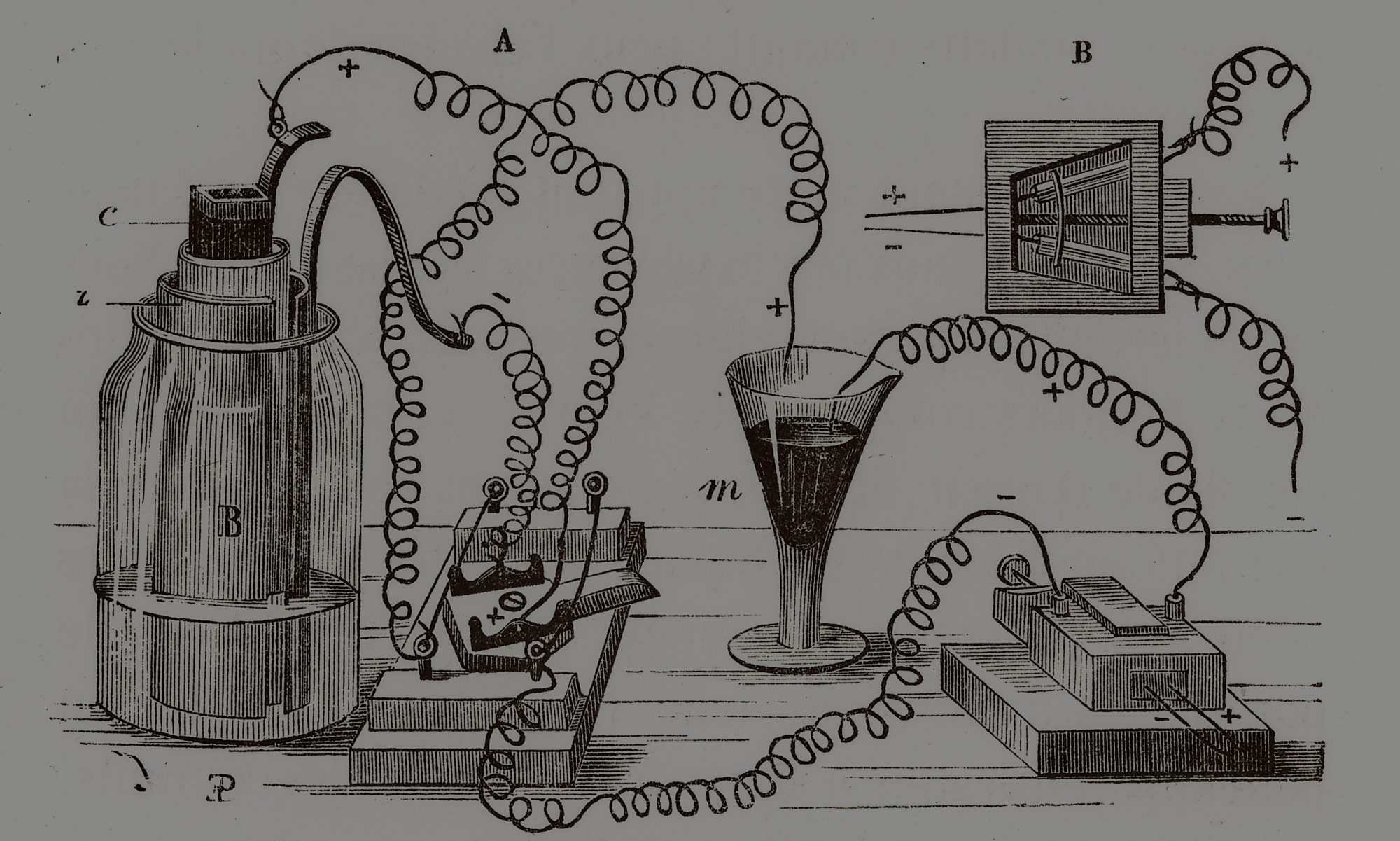The writing across the curriculum readings were interesting to me, since one of the courses I’m planning is about writing about science and medicine. Although the name of the course sounds very much like a WAC course, it’s still set up very much as a traditional FYC course, though one that asks students to engage with contexts outside the classroom. These readings pushed me to think more about how the class could actually involve writing in contexts across the disciplines more fully. Which leads me to my concrete proposal for this week’s praxis blog:
Mid-semester, I’d like to ask my students to bring in writing projects from other classes–hopefully one in a science or health based course. I’ll ask students to engage in drafting, outlining, or revising their projects, depending on what stage of the process they’re in at that time of the semester. I’ll also ask for a brief reflective essay or blog post on how they were able to rethink projects in other disciplines by using class principles. By dedicating a couple of class periods to applying FYC practices to concrete projects in other classes, I hope to encourage the type of big-picture engagement of students that Sommers and Saltz set forth as the most integral piece of a college writer’s development through their degree program. By writing for a specific end, and for engaging in thoughtful writing, and reflection on that writing, for an assignment (like a lab report, short essay exam, or so on) that is not typically thought of as writing-intensive in the same way as a “traditional” English essay, having a brief transfer unit will help my students see beyond my classroom.

I like your plan for encouraging transfer by bringing in work-in-progress from other courses. You might mention during this unit the progression that Bean forwards in Chapter 13 (citing Sarah Peck MacDonald) from nonacademic writing through generalized academic writing to novice approximations of disciplinary knowledge making and finally to “expert, insider prose.” Understanding this progression will help students realize that learning to write well is a complex process that spans courses and years.